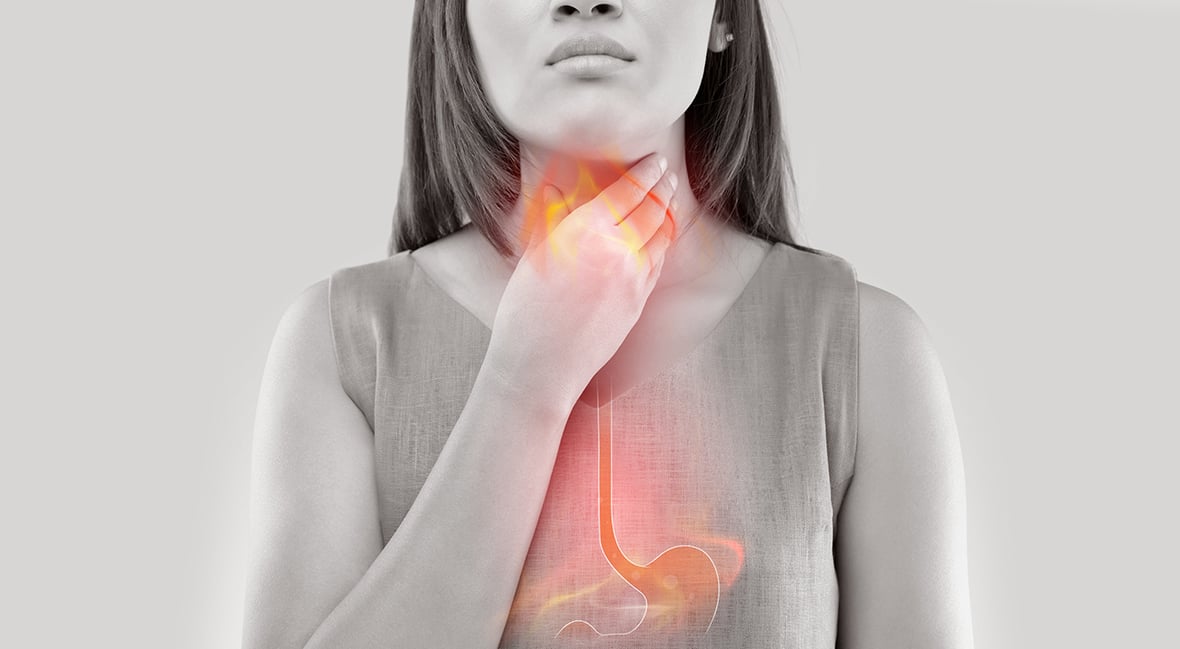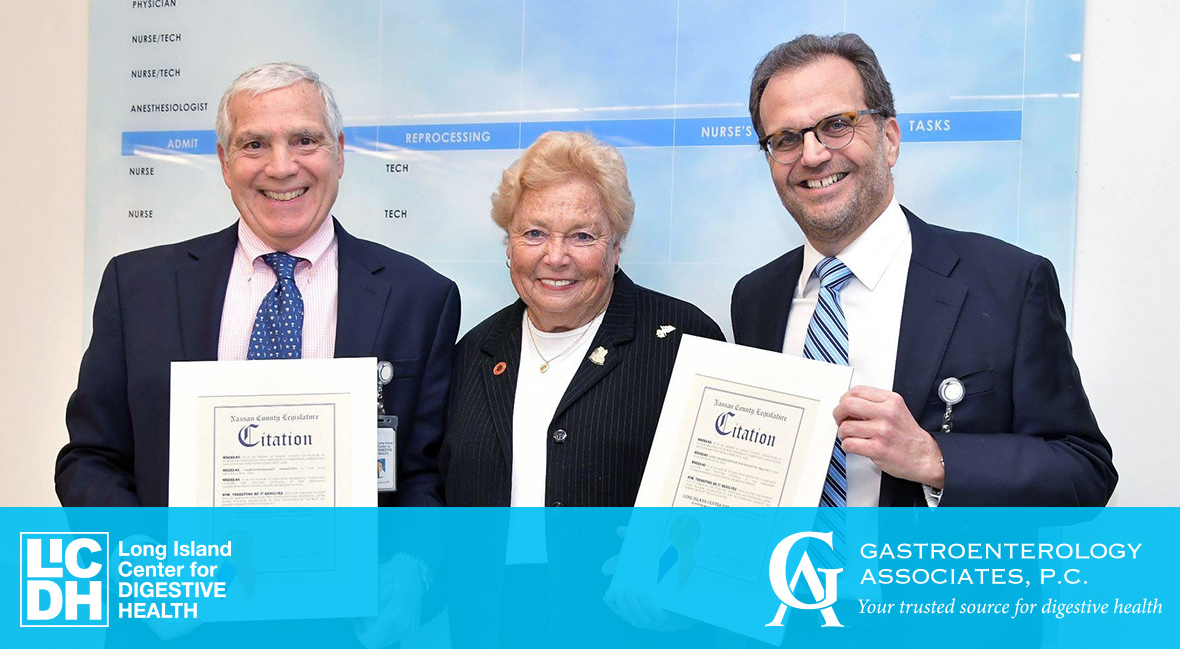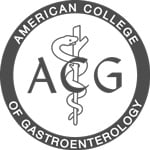Latest Articles by Gastroenterology Associates
How Do You Get H. Pylori?
Helicobacter pylori, or H. pylori, is a type of bacteria that may infect the stomach lining. It is estimated that much of the world’s population has H. pylori in their system, but not everyone harboring the bacteria will experience symptoms of an associated infection.
Read Now
How to Go Gluten-Free
Those living with celiac disease or another form of gluten sensitivity are warned to eliminate gluten entirely from their diets to avoid inflammation and other side effects associated with ingesting the protein. Many who do not suffer from this intolerance are also discovering that maintaining a gluten-free diet could be a healthy alternative to their current Western diets, which are typically laden with gluten-containing products, such as bread, cereals, baked goods, pasta, etc.
If you are looking to kick gluten for any reason, here are several helpful tips for a smooth transition:
Read Now
What Causes Acid Reflux?
Acid reflux happens when the lower esophageal sphincter (LES), a ring of muscle between the esophagus and stomach, does not operate correctly. The job of the lower esophageal sphincter is to relax to let food pass through to the stomach, then close to prevent stomach acid from creeping into the esophagus. When the tissue is weakened or malfunctions in some way, stomach acid may splash back into the esophagus and cause inflammation that we often refer to as “heartburn.”
Read Now
What Is GERD?
In the medical world, GERD is an acronym for Gastroesophageal reflux disease. It’s a digestive disorder related to the lower esophageal sphincter (LES), a ring of muscle between the esophagus and stomach.
Normally, the LES relaxes and opens its ring to allow food to enter the stomach, then closes back up. With GERD, the LES is weakened or moves in an abnormal way that leaves the passageway open for stomach acid to splash back up into the esophagus. Your stomach is equipped to handle the stomach acid, but over time, that same stomach acid could be erosive to your esophagus. The inflammation caused by stomach acid is referred to as acid reflux, or often felt as heartburn.
Read Now
Catch Colorectal Cancer Early
Together, colon and rectal cancers (often referred to as colorectal cancer) are the third most common type in the United States, with an estimated 145,600 new cases and 51,020 deaths expected in 2019. You can significantly lower your risk of developing advanced colorectal cancer by knowing your risks and taking proactive screening measures to detect polyps. If all adults over the age of 45 received preventative screening, as is recommended by the American Cancer Society, thousands of colorectal cancer-related deaths could be avoided, each year.
Read Now
Doctors & Survivors Stress Prevention at Gastroenterology Associates' Annual Colorectal Cancer Awareness Event
To raise awareness about the dangers of colorectal cancer, also known as colon cancer, Gastroenterology Associates (GA)—one of the largest gastroenterology practices on Long Island—hosts an annual gathering of doctors, staff, lawmakers, and patients at its partner outpatient facility, Long Island Center for Digestive Health (LICDH). Its goal is to decrease the incidence of colon cancer, and increase early detection. [VIDEO]
Read Now
Watch Out for These Colorectal Cancer Symptoms
Colorectal cancer (CRC), also called colon cancer, occurs in the last two parts of the digestive tract: the large intestine, or colon, and rectum. Symptoms of colorectal cancer include persistent abdominal pain, changes in bowel habits, and blood in the stool.
Read Now
Colorectal Cancer Stages
When a patient is diagnosed with colorectal cancer, one of the first questions they’ll want to be answered is: “What stage is it?” Stages of colon cancer, like most others involving a tumor, are broken down into five groups, labeled 0 to 4. The numbers increase with the severity of the disease.
Read Now
Stay Connected: Subscribe to our blog
By subscribing, you’ll receive notifications regarding health and wellness, your diet, and more
















